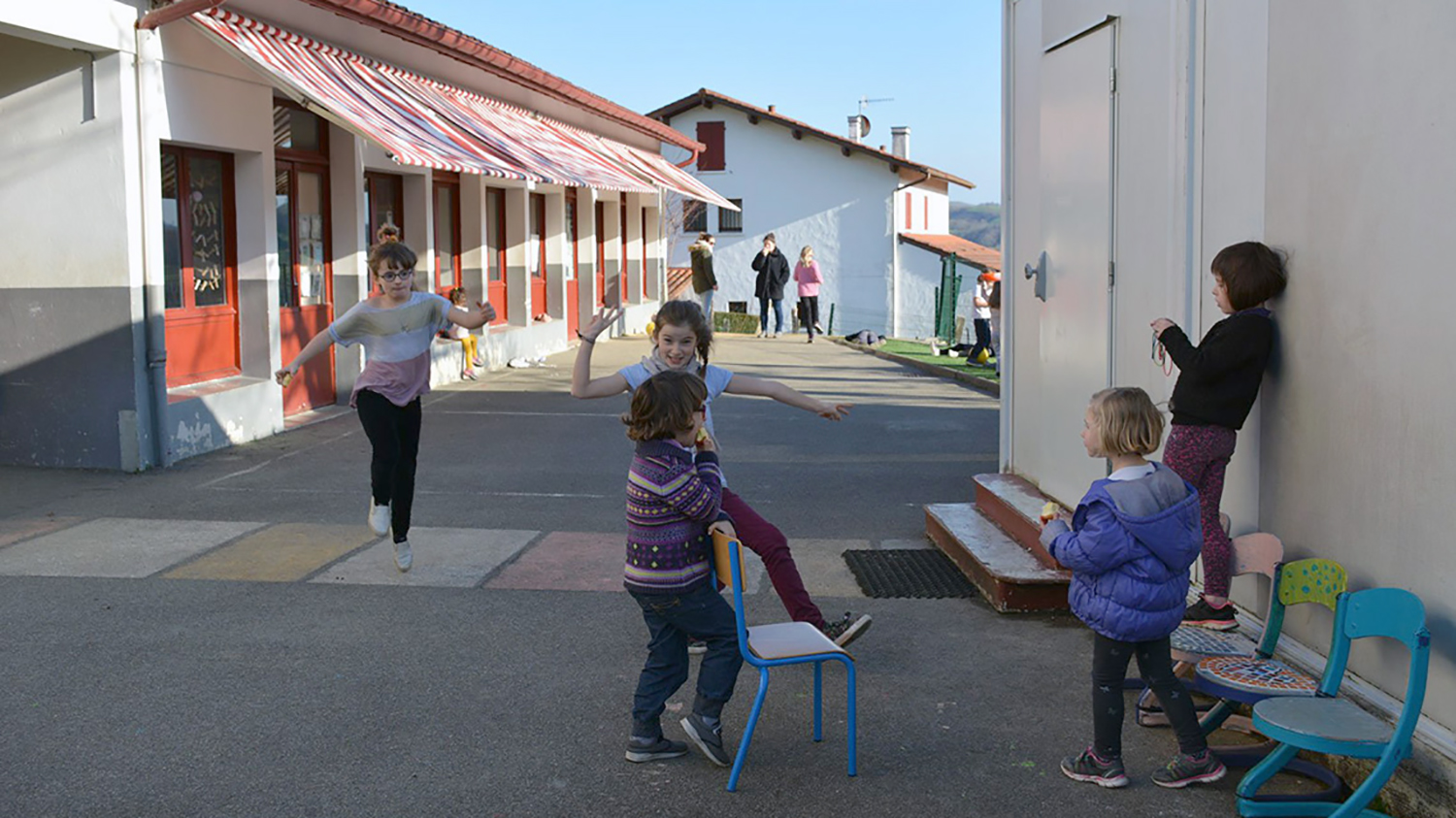
Focusing the Basque country in three circles in the Pamplona in which I live, from minor to major, and in different perceptions of recent years. One, the Basque country has a promising future, among other things, we have more and better anchors in the world of creation. We enjoyed it! Two, in my most Basque environment, the situation is narrower: many know Basque, do less and, above all, move easily to Spanish. The risks for Euskera are greater. And three, there are Pamplona and Navarra. In them the situation is serious. Of course, they are nothing more than my perceptions, but they generate in themselves a series of feelings: the joy that a brilliant book gives, or feeling “ui, how serious we are” on the street, or, as could not be otherwise, approach the pain of Lleulza Pain, by Enric Larreulza.
Well, Sociolinguist Iñaki Iurrebaso has dressed me as sociolinguistics all these perceptions and sensations in the LARRUN that accompanies this number of ARGIA. Significant data from his work are that from 1906 to 1971 the transmission of the Basque Country suffered a great decline, a great boom between 1971 and 2001, and since then it has been at a crossroads.
But at that crossroads, and following a comparison of Iurrebaso, with 15% of Basque usage we are much closer to 1% of Irish use than 80% of Icelandic use. The best speakers in Basque than in Spanish are 7% of the Basques, 195,000 citizens; 222,000 speakers (8%) are similar in both languages; and 2.230,000 (85%) better in Spanish. Consequently, at least 82% of the conversations between citizens must necessarily be in Spanish.
However, we cannot underestimate our usage data, as although many Euskaldunes do better in Spanish, they decide to do so in Basque and transmit the Basque to their children. “We have a strong social affinity – says Iurrebaso – that we often do not know how to value.”
The Basque wave that paralyzed the decline of the Basque country at the end of the twentieth century was based on them, and the boom will necessarily be based on them. They will only have to succeed in enjoying their language as they have done so far; in attracting the 200,000 Basques that have at their side to daily practice; in sustaining the breathing spaces in decline; in demanding that Basque and Basque politicians put the Basque country at the centre stronger than they have done so far; in demanding a legal and material impulse to the Basque institutions without complexes; and, with the whole family, in the past decades.
Yes, all right, no one told us that being Basque was so expensive and all that, but that is the picture we have in front of our eyes. Basque society and Basque citizenship will decide whether or not to turn Euskera into a memory.
Nafarroa Beherean, Aiherrako 'Beltzegitea' etxean kokatuko da Eguzkilore haurtzain-etxe berria. Euskara, natura eta motrizitate librea oinarri harturik, heldu den apirilean hasiko dira zerbitzua eskaintzen.
To be honest, I don't know why I'm writing this. In today’s hostile environment, opinions of this kind are not well received. Perhaps LUZ will not publish this because it does not correspond to the opinions they have published so far (but if they have finally decided to publish... [+]









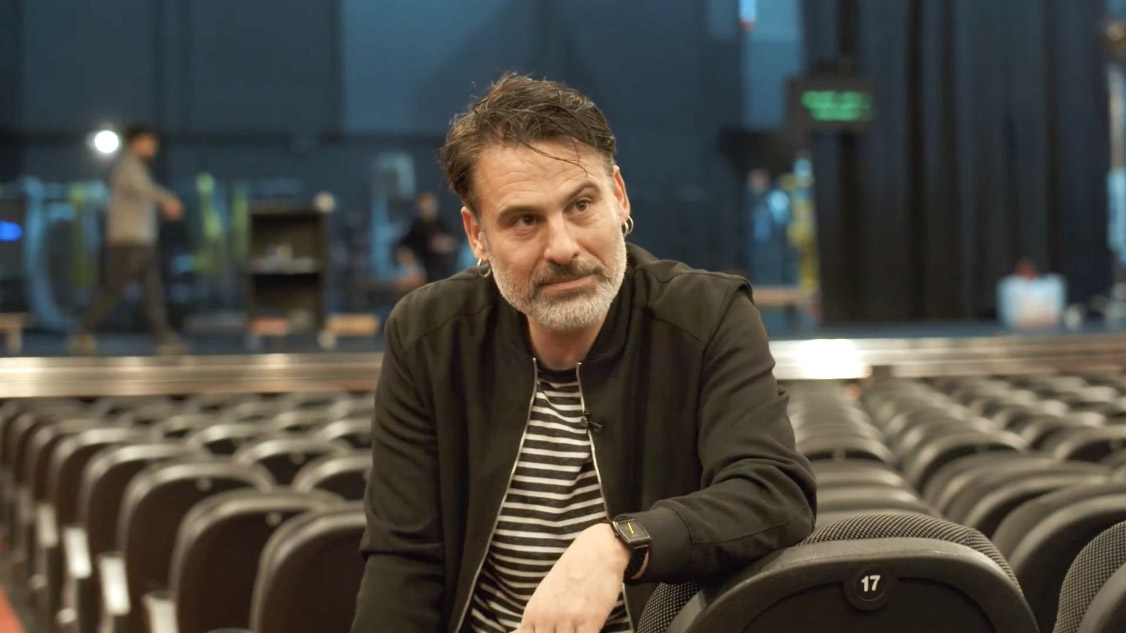

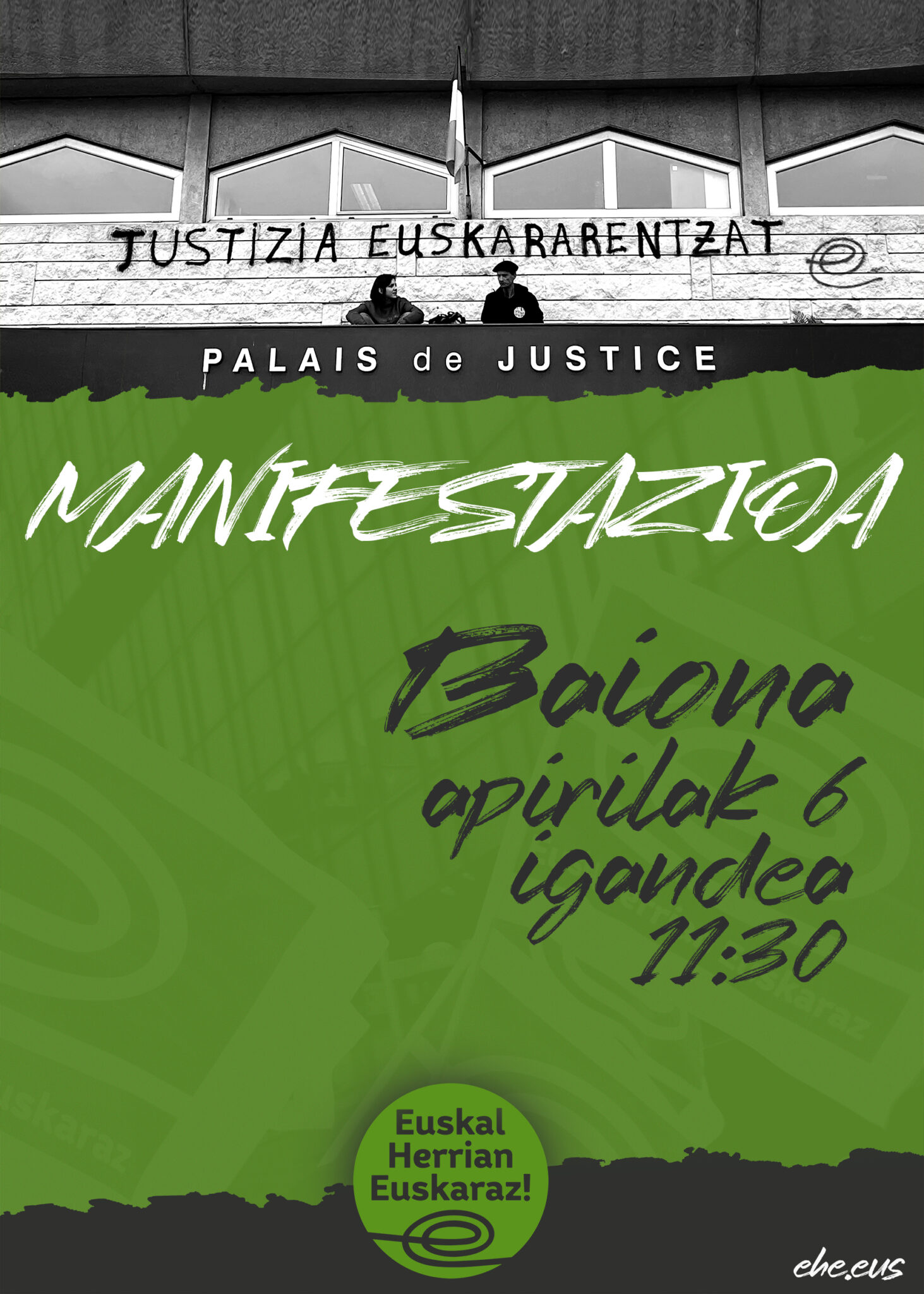

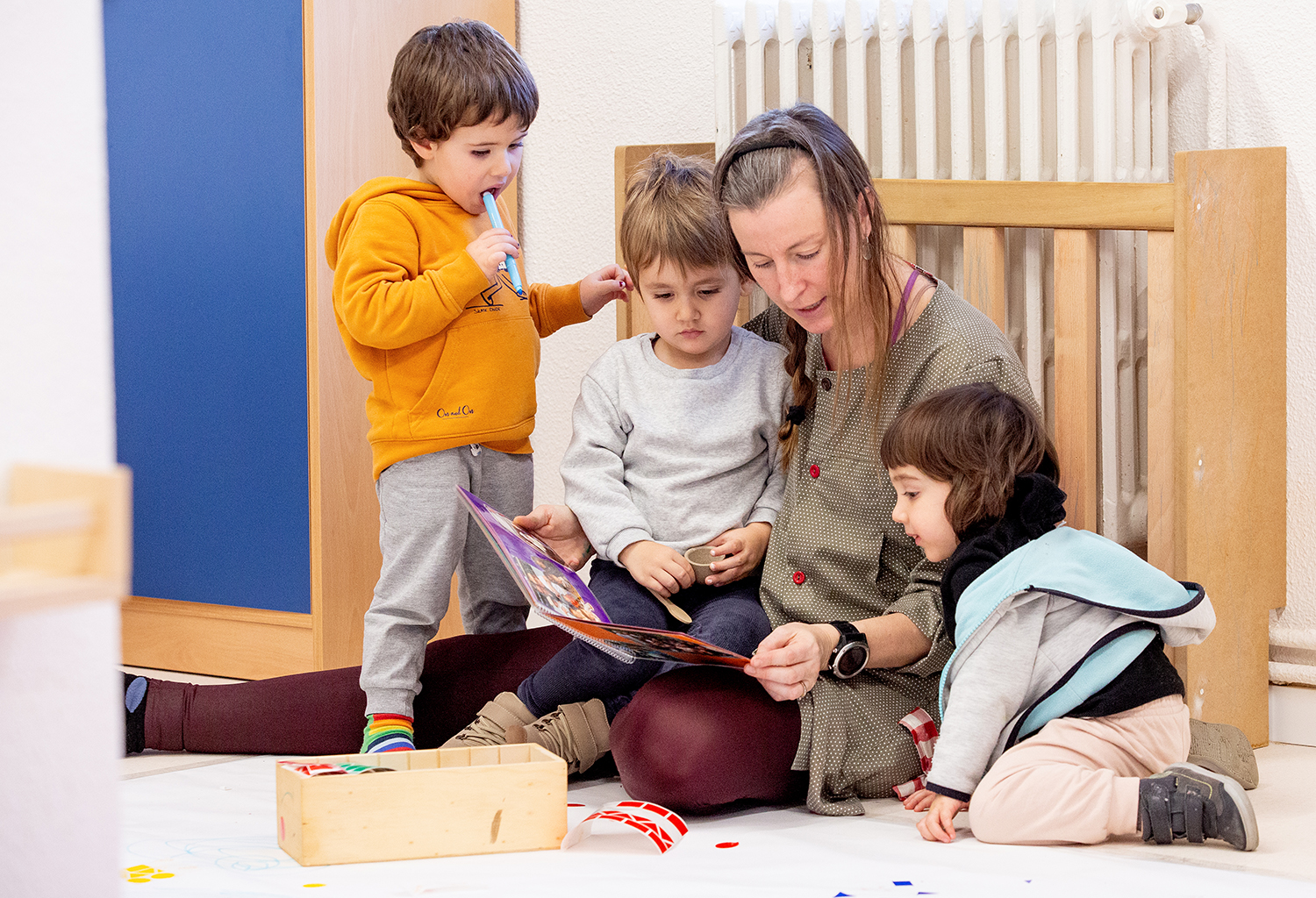
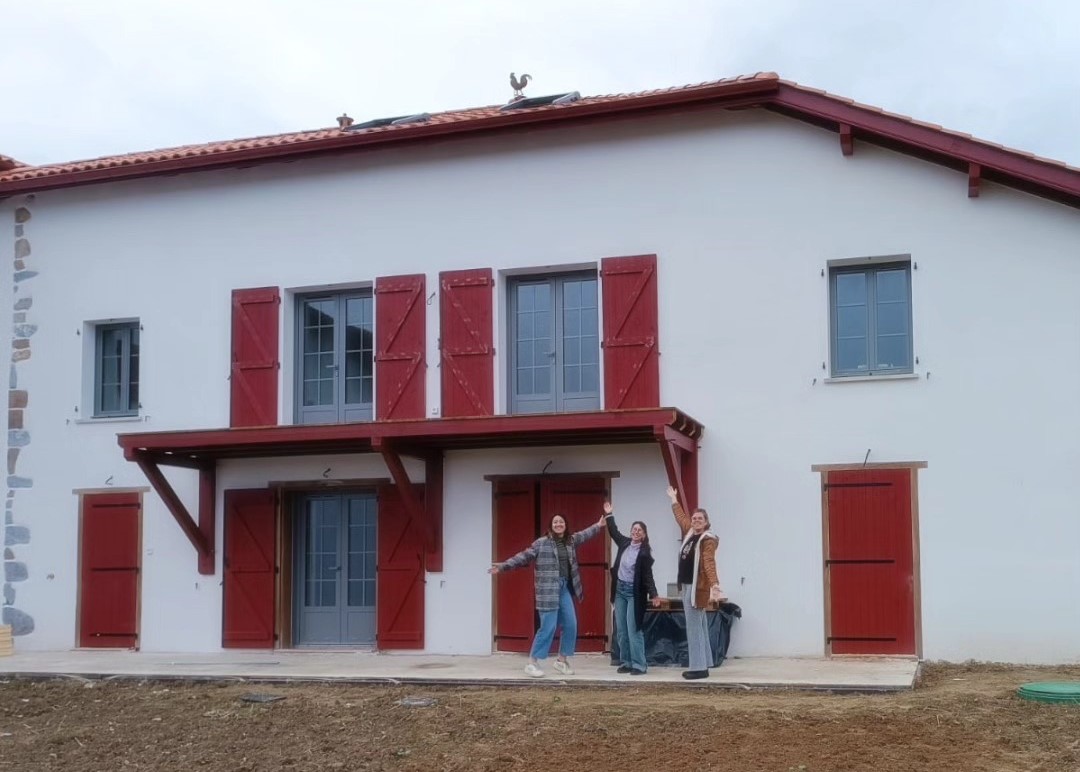

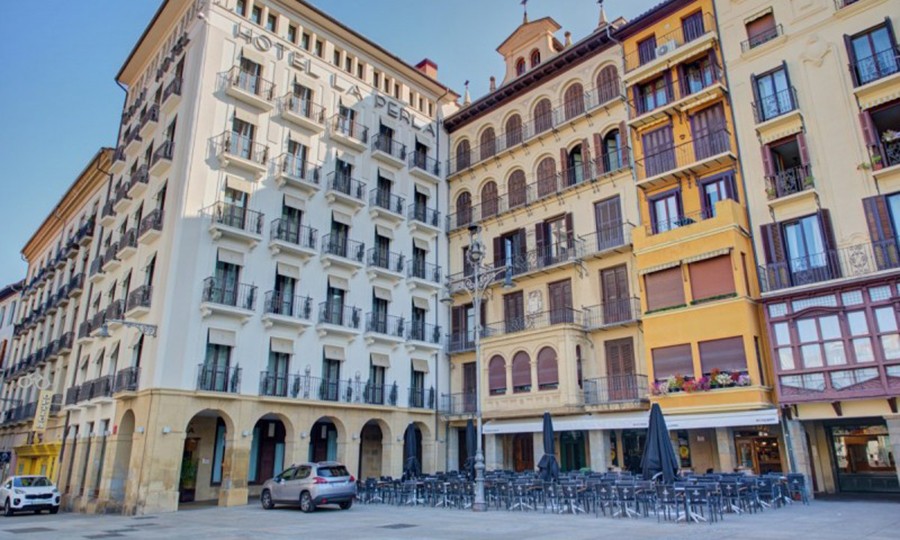

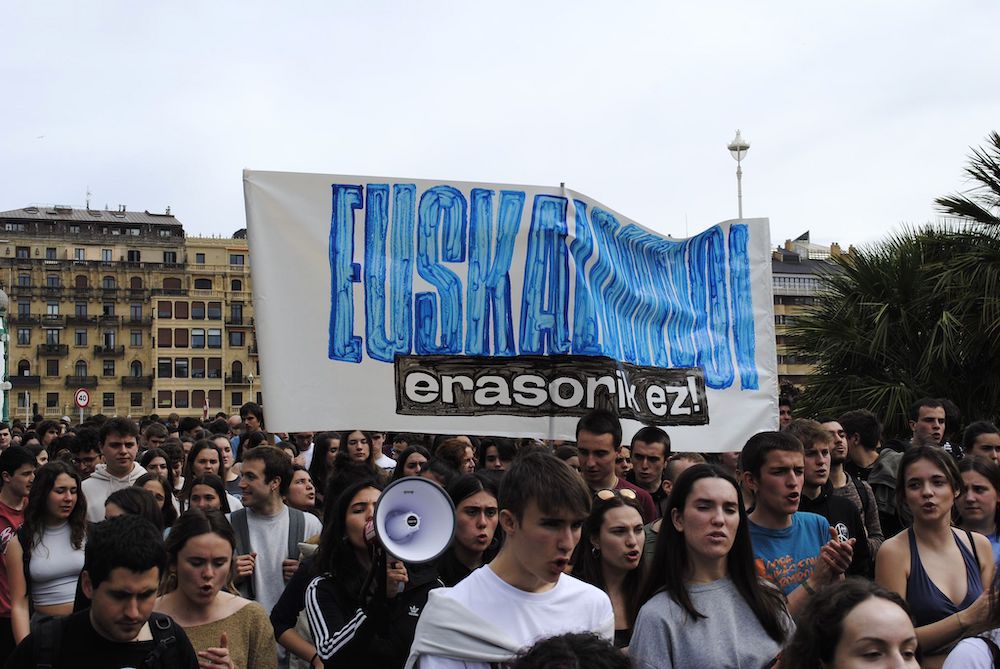
.jpg)

